By clicking submit, I consent to my personal data being collected, stored, and processed by Think Pacific in accordance with our Privacy Policy.
12 Ways to Ensure you Avoid the “Voluntourism” Trap

“Voluntourism” has become somewhat of a popular term recently. If you’re looking to go travelling or embark on a gap year, chances are you may hear organisations talk about it.
But what is voluntourism and why are we so passionately against this style of travel?
Let’s dive in…
The term voluntourism refers to the growing trend of individuals travelling to developing countries to carry out volunteer work. Unfortunately not all volunteering is equal, and the way voluntourism is structured, it often provides very few meaningful benefits for the host countries.
Increasing concerns have been raised about voluntourism and many argue it can cause more harm than good to communities around the world.
Voluntourism is often born from a place of commercial opportunism, as opposed to actually helping and supporting local communities.
Many organisations offer experiences that have no respect for local culture, no briefing on expectations and a lack of aims and objectives to aspire towards. Local cultures, people, animals, and environments are often taken advantage of to give tourists a fake experience.
Unfortunately, those with good intentions can easily end up on projects that don’t deliver meaningful and tangible benefits for local communities – so we’ve created this guide to help give you some tips on how to find the best project.
We think this is so important to highlight as most people looking to volunteer want to make a difference but not every organisation will allow you to make the impact you hoped to. Regardless of whether you join a Think Pacific project or not, thinking about the following points should hopefully mean you avoid organisations that may have lost sight of the true purpose of volunteering.
What We Believe In
why we think the “why” is important
Understanding the “why” behind an organisation is really important in understanding whether it’s a good fit for you. Delving into how an organisation operates, what they do, who they do it for, and why they do it, can help start to paint a picture of whether the projects are designed to truly make an impact, or whether they are simply there to offer a voluntourism experience.
So, let’s delve a little deeper, shall we?
Quality Over Quantity
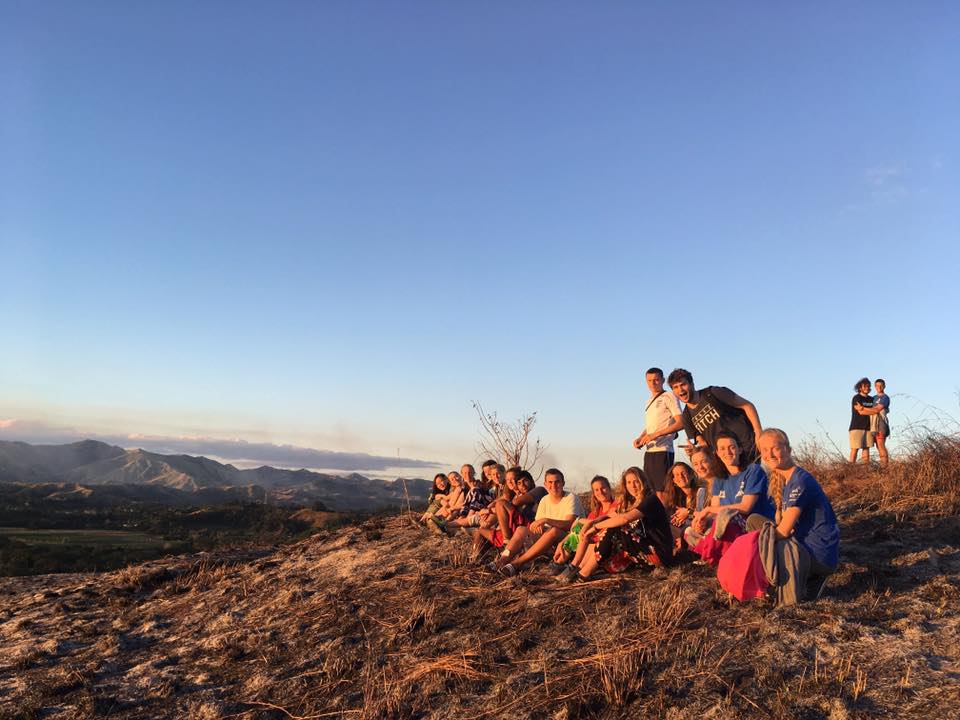
If there are no signs of limited spots on a project or actually defining projects at all, I’d question how sustainable an organisation’s approach is.
If an organisation is just interested in selling as many people onto their programmes as possible, chances are, the local communities may be overwhelmed. And it is these local communities that will face the brunt of over-sold programmes. This unnecessary strain put on the locals means their infrastructure simply can’t keep up.
Many volunteering programmes go to places that rely on a subsistence lifestyle. Bringing hundreds of tourists to these regions has a huge impact on the communities. Many organisations will only send people to a certain location, which can completely change the character and atmosphere of it (often meaning you’re more likely to see a tourist than a local!)
Sustainability has to be a core principle of volunteering, otherwise these incredible places around the world may be put under unnecessary pressure.
Visa Requirements

This is a simple one, does the programme require you to get a visa?
If not, it is likely you are being seen as a tourist not a volunteer by the host country. This means if you signed up to be a volunteer but are being treated like a tourist, the programme may not be what you thought it’d be.
Here at Think Pacific, we work with every volunteer to ensure they have the correct visa and are registered appropriately with the Fijian government to undertake volunteering work.
Employment Opportunities for Locals
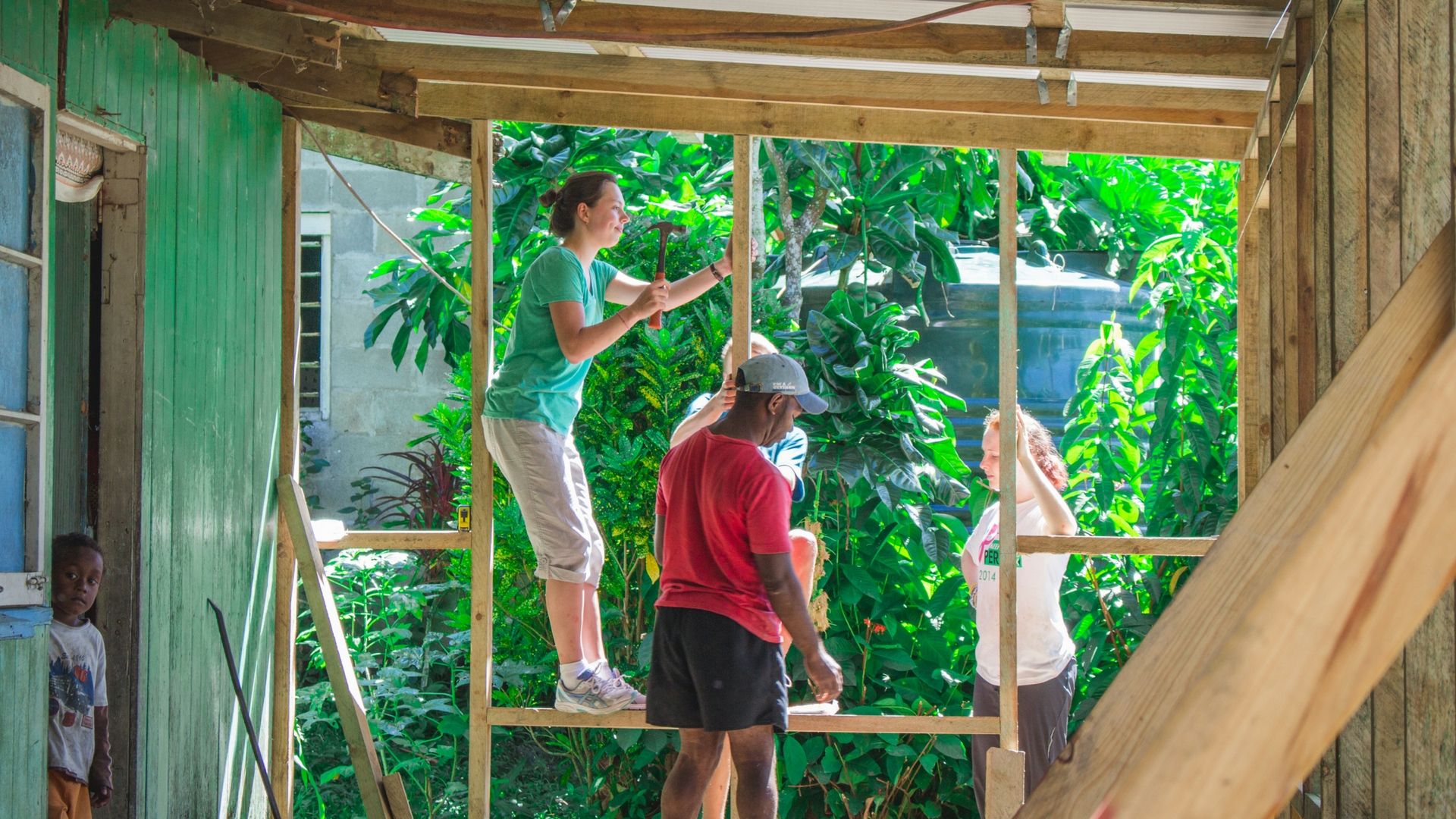
We believe that volunteering should provide as much value to local communities as possible. Employment and job opportunities for locals is a fantastic target for all organisations to aspire towards. We partner with the National Employment Centre of Fiji and under the scheme, fund work-based learning and offer job opportunities for unemployed Fijian youth.
We’re very proud to both employ local Fijians as well as bringing on Fijian students and interns to help give them world-class training opportunities to further their career opportunities. We also offer wages above the national average.
We also work closely with the Fijian Government and their partners to ensure we can do all we can to help support the youth of Fiji in relation to job opportunities and education.
Location(s)

If an organisation operates in 100’s of countries, how well can they truly understand each location?
The expression, “jack of all trades, master of none”, certainly comes to mind…
We know how much work is involved in only working in Fiji so we can’t really imagine offering programmes in multiple countries and being able to deliver the same standards.
Learn more about our partnerships with the Fijian government.
Think Pacific’s co-founder, Harry, lives in Fiji and ensures that our programmes are delivering the results we set out for them. We know that to achieve what we want to, we need to have the people and knowledge within that location. The infrastructure and systems required to run effective volunteering programmes, means that it is a model that can’t simply be scaled and repeated worldwide – instead, it needs cultural knowledge, understanding, networks, people and passion.
Screening Process/Applications
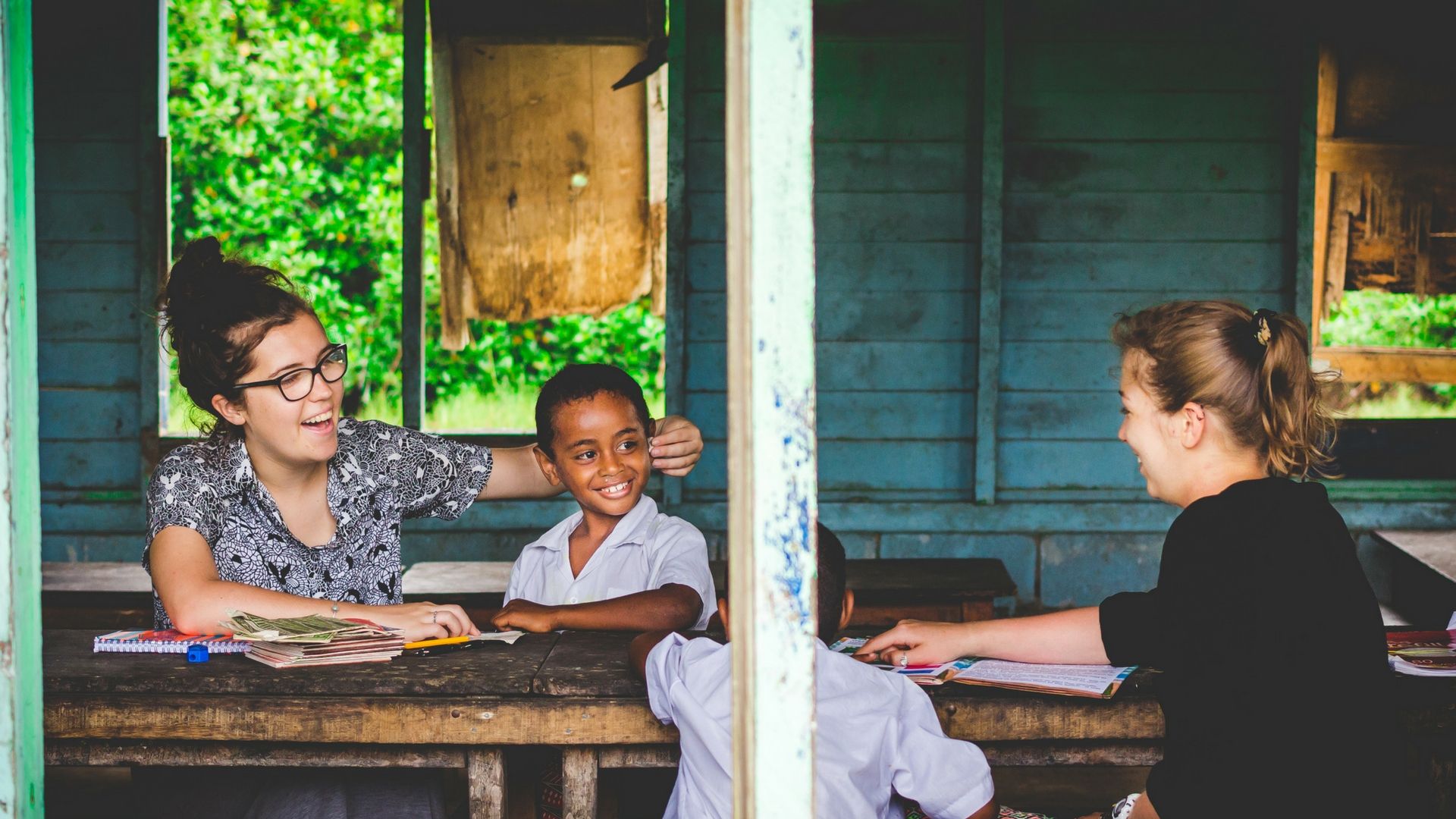
This may sound somewhat controversial, but we don’t think volunteering should be a given. It’s not right for everyone.
You need to prove you are up to the challenge.
That’s why we have a screening process and an application to join a project as we need to (a) ensure you feel happy with what’s involved and (b) we feel confident you can provide value to the projects.
If people are wanting to join a Think Pacific project for the wrong reasons, we’re always happy to point them to an organisation that may be better suited. In our opinion, it’s about matching the right people to the right projects.
Organisations that let anyone on a programme and have no screening, in essence, have no idea who is volunteering or joining their programmes. This means people that perhaps aren’t suited to the programme are still joining them. This is bad for both volunteers and the host communities.
So, if an organisation never actually talks to you or learns about who you are as a person, then how will they know if you’re a good fit? Something to think about.
Financial Security for Local Communities
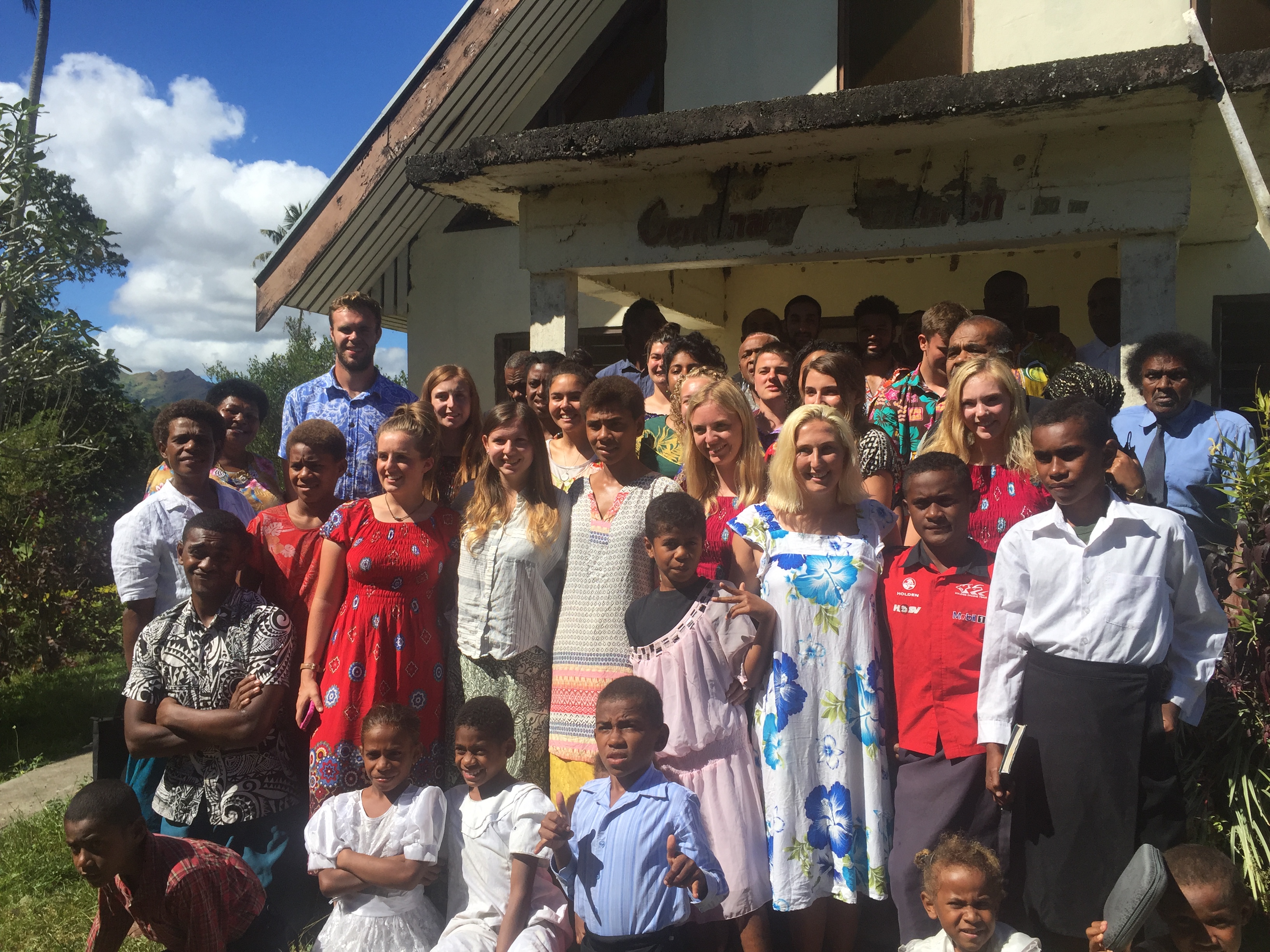
Any organisation operating in a developing country should ensure they are supporting and contributing to financial security for local communities.
No programme should put any sort of financial burden on the locals. Unfortunately, many organisations rely on the good will of host countries and don’t compensate appropriately.
It is paramount that there is a long-term strategy in how organisations are working alongside local communities.
Check out the video below about what we achieved in 2017. This included $861,000 (Fijian) directly invested into Fijian communities and we’ll invest over $1,000,000 (Fijian) in 2018.
Aims and Partners
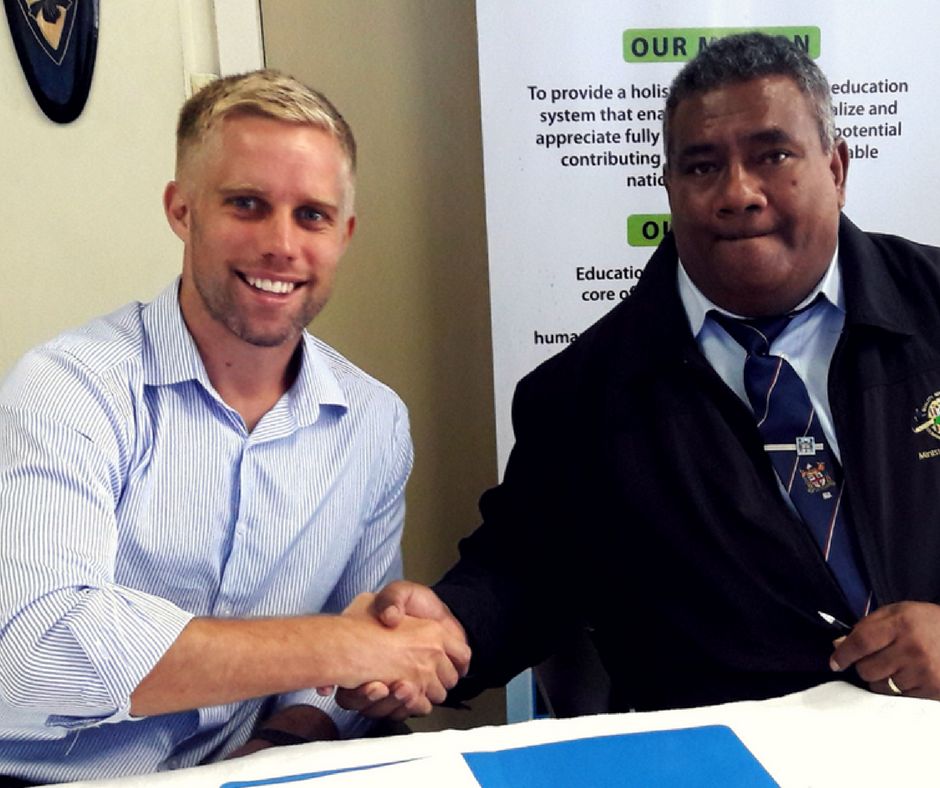
If an organisation doesn’t have clear aims and targets, it’s hard to understand what it is you’re contributing towards as a volunteer.
Here at Think Pacific, we want to make it as clear as possible what it is we believe in and what it is you’re contributing towards if you join us on an project.
Volunteering can’t simply be about doing things that sound like they are helping locals. Instead, it needs to be effective in making a difference in the local communities.
When searching for a volunteering project to join, look out for what they have achieved in the past and what you’ll be working towards if you joined. That way you know you’re helping make a difference.
If an organisation has been based in the same community doing the same thing for the past 15 years, you’d hope they’d have achieved a lot… but unfortunately, many organisations have a model that needs everything to stay the same and don’t actively want to achieve big targets and aims.
It isn’t fulfilling knowing you’re doing odd jobs and tasks that don’t really matter. Instead, knowing exactly what you’re working towards and trying to contribute to, will be all the motivation and inspiration you need.
Discover our 9 step process for maximising our impact in Fiji.
Reviews
It’s always worth looking into reviews. As we all know, not all reviews are accurate, but organisations that try and hide reviews, buy fake reviews or limit any sort of visibility on reviews are probably doing that for a reason.
If you’re wondering about what people think of us, check out our profile at GoOverseas. These reviews are all verified by a third-party so you can be confident they are reliable. This also includes interviews with alumni volunteers to hear their own stories and experience on project.
Sustainability

Volunteering shouldn’t be seen as a quick fix.
Look for organisations that are building long-term relationships and processes, to help create long-term growth and development.
One way we help ensure we offer a sustainable approach to volunteering is by only doing a particular project in a village once. If an organisation is just going to the same village for every project, with the same aims, the effectiveness may start to wear off. It also may not help the wider community.
Our aim is to empower all Fijian communities and to do this, we know we must work alongside the government, go to new villages and help support new communities. That’s why each Think Pacific project is so unique.
Far From a Walk in the Park

Volunteering is amazing. But it’s not a walk in the park. It is challenging and will involve leaving your comfort zone.
Any programme that sounds like a nice, relaxing holiday is likely to just be a “nice, relaxing holiday,” (which is fine, but that isn’t ideal for people looking to make an impact).
Any meaningful volunteering programme is going to be hard at times, but that’s often what makes it so rewarding.
Customs and Traditions
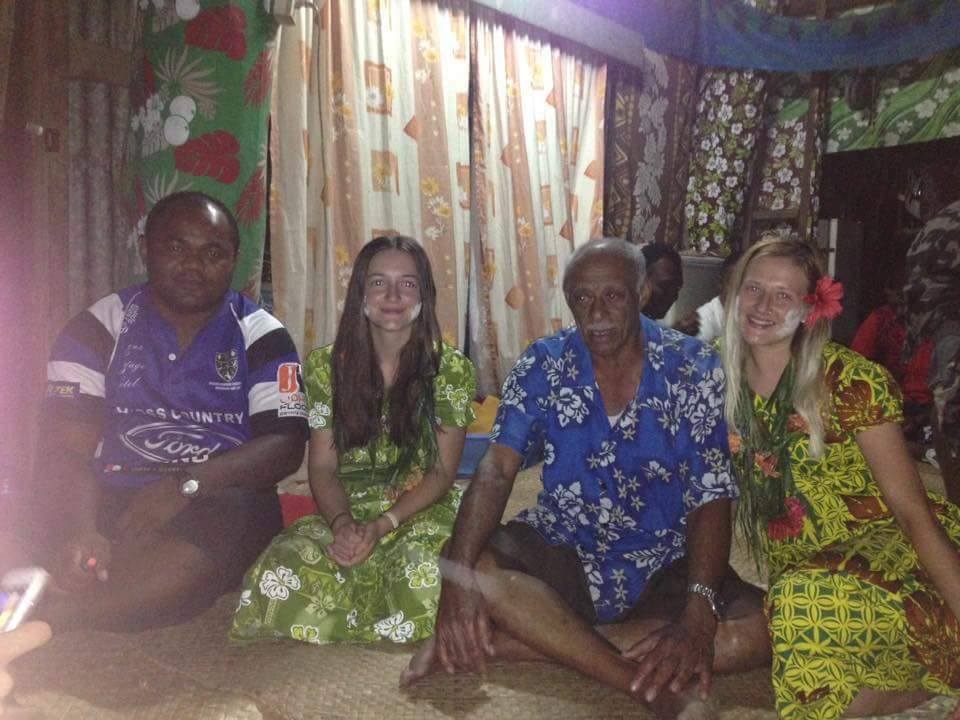
It’s vital volunteering respects and values the customs and traditions of any host country.
For example, all our projects are strictly zero alcohol when in the Fijian villages. This reflects the traditional Fijian customs and we want to ensure we meet these standards.
We also ensure our volunteers follow the correct dress code when working in schools and when in the village. This is a small effort from our volunteers but means a lot to the locals.
Skills and Personal Development
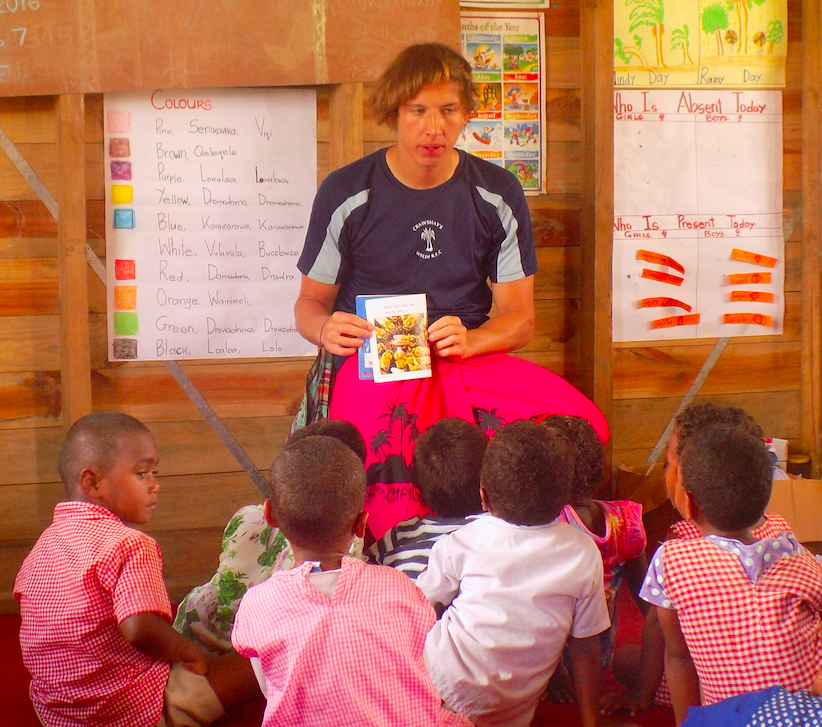
We think true volunteering should provide any volunteer with a wealth of skills and experiences that positively contribute to their own personal and career development.
We’re so proud of what all our volunteers have gone on to do after volunteering with us – from doctors, to lawyers, to entrepreneurs, to setting up social enterprises, to everything in between, we’re humbled when volunteers mention the impact their time in Fiji had on their career.
Discover What Think Pacific Is Like
Ok, so this blog may have turned into a slight rant, but that’s only because we want to do our part in helping people find programmes, placements, and projects that are worthwhile.
Too many organisations have taken advantage of what volunteering represents yet failed to deliver programmes that reflect that.
We believe being a volunteer is very different from being a tourist, so a word like “voluntourism” simply isn’t something we stand for.
To discover what a Think Pacific project involves, please don’t hesitate to get in touch or download our brochure to learn more. Our friendly team are ready and waiting to help you get started.
Check out the video below for a sneak peak at life with Think Pacific.
